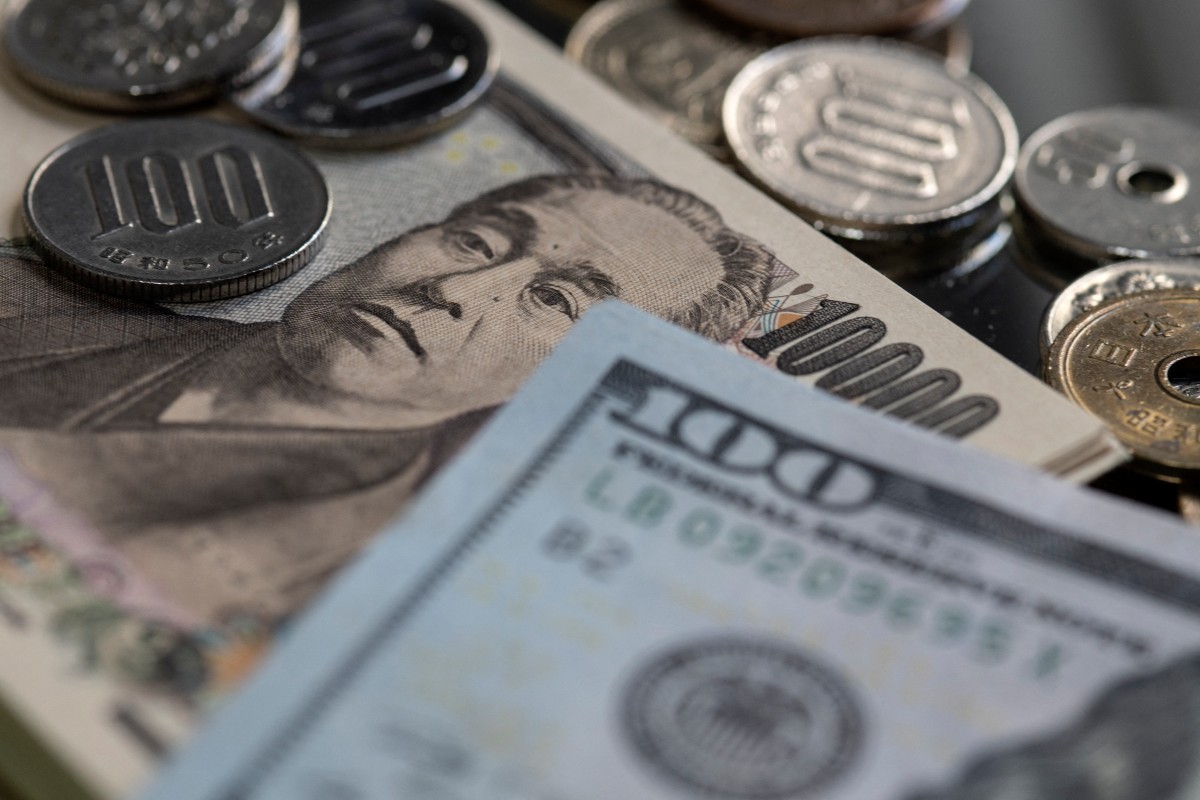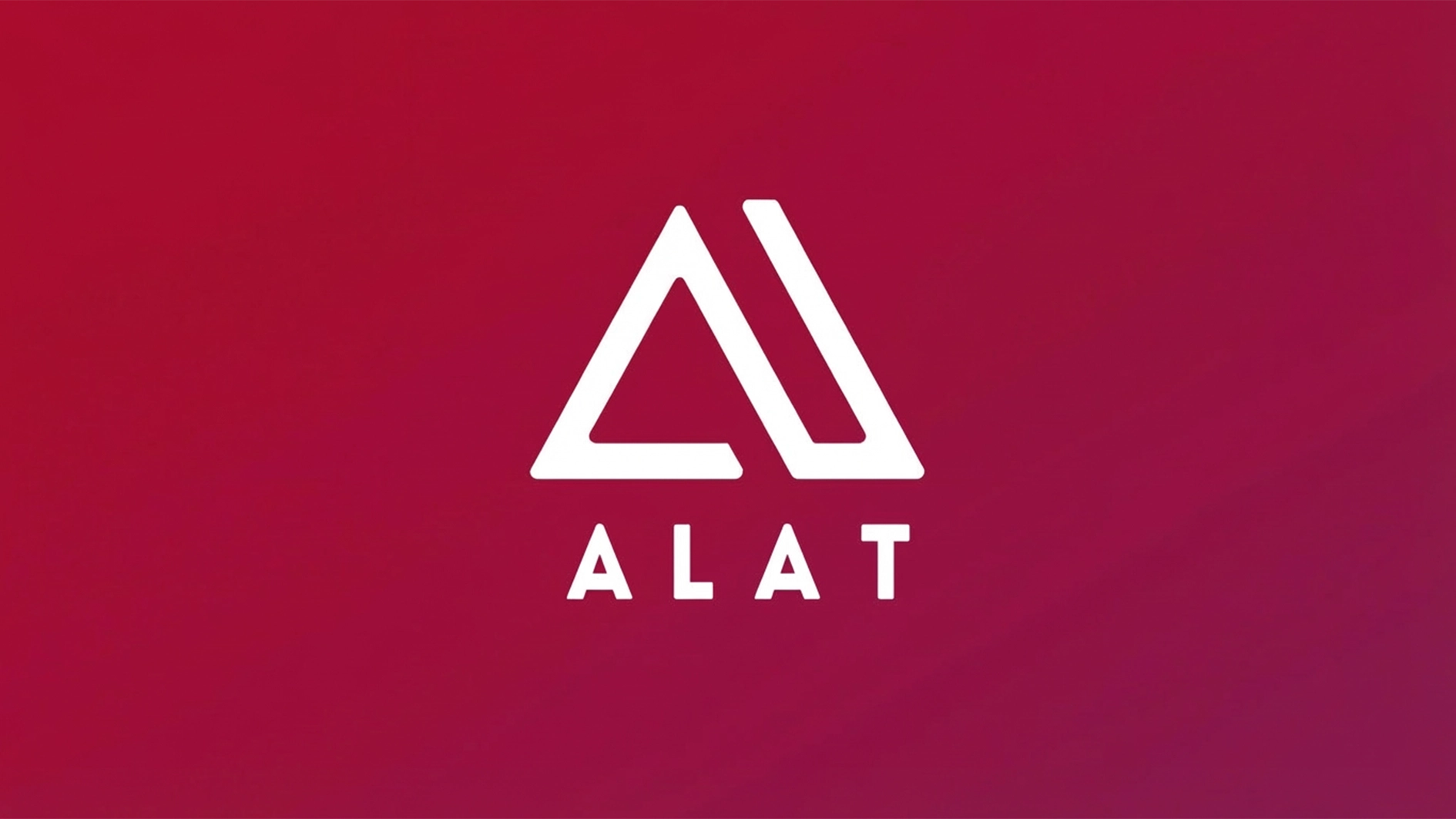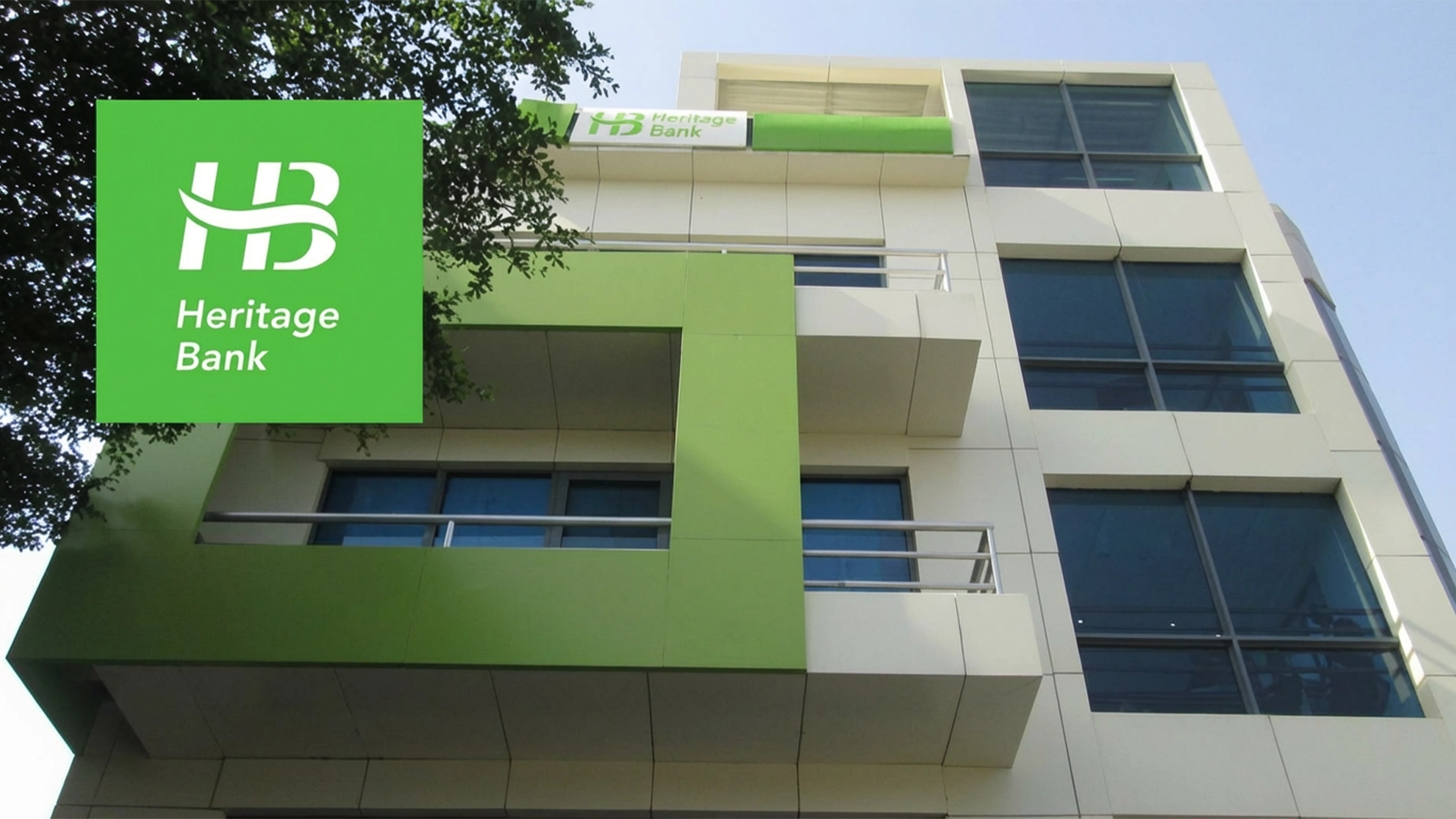
A leading credit rating firm, Agusto&Co has described the newly introduced tax on banks’ foreign exchange profits as a short-term fix that has a long-term risk.
Recently President Bola Tinubu asked the Senate to amend a portion of the Finance Act 2023 to allow the government to impose a 50 per cent tax on the foreign exchange gain of banks, which resulted from the liberalisation of the foreign exchange market last year.
The Senate has since done the amendment and raised the tax to 70 per cent instead of the 50 per cent requested by the President.
The government asked for the money to augment its depleted coffers, particularly to fund the supplementary budget of N6.2 trillion.
It is estimated that the banks earned about N2.5 trillion from foreign currency-related income in 2023, putting the expected revenue from the proposed tax at N1.75 trillion.
But reacting via a publication in its newsletter, Agusto said the aggressive fiscal measure has ignited a firestorm of debate within the banking and investment communities, with far-reaching implications for the broader economy.
It said the windfall tax is seen as a quick fix to address this fiscal challenge.
“However, the retroactive imposition of such a steep levy has triggered an intense backlash, with critics arguing that it not only undermines the principle of fair taxation but also creates a hostile business environment by eroding investor confidence and legal certainty,” it said.
According to the firm, retroactive taxation is a significant deterrent to investment as it creates a climate of uncertainty, making it difficult for businesses to accurately forecast their tax liabilities.
“Such unpredictability can erode investor confidence and discourage future investments. Banks that have been singled out is still unclear, as any business that holds monetary assets in foreign currency is likely to have benefitted significantly from the weaker naira, albeit not as much as banks.
“Many now believe that the banking industry could merely be an initial target of this policy and there is a real risk that it could be extended to other industries in the future, further exacerbating investor anxiety,” it wrote.
It noted that targeting the banking sector, a critical economic intermediary, seems counterintuitive to stimulating growth.
“The proposed 70 per cent windfall tax is likely to have a credit-negative impact on Nigerian banks, substantially eroding profits. Institutions with capital adequacy close to regulatory thresholds will be particularly vulnerable. To offset the tax burden, banks may tighten lending standards, resulting in higher borrowing costs for individuals and businesses.
This could ultimately stifle economic activity and hinder growth prospects. The timing could also prove to be counter-productive. With banks currently grappling with a significant recapitalisation exercise mandated by the Central Bank of Nigeria (CBN), the proposed windfall tax is an unwelcome distraction that could further strain the industry’s ability to raise the necessary capital, particularly from foreign investors.
“Moreover, the tax could negatively influence bank share prices in the short term, compounding the challenges faced by the industry,” it noted.






